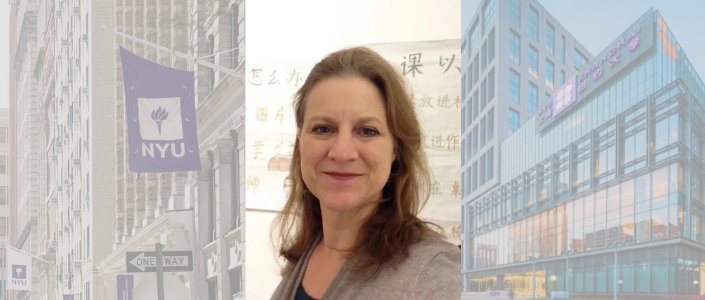Professor Robin Harvey is the Clinical Associate Professor of TESOL, Bilingual and World Languages Education at NYU Steinhardt. She is also the Co-Director of the NYU Shanghai - NYU Steinhardt joint MA TESOL program. She currently teaches two courses at the program. As the program is celebrating its fifth birthday this summer, the Office of Graduate and Advanced Education interviewed Professor Harvey, who looked back on her journey where she went from learning Chinese to training language teachers, shared her vision for the TESOL program at NYU Shanghai and talked about the fond experiences with her students.
Born and raised in Severna Park, Maryland, near Washington, D.C., Harvey has always been a language lover. Even before college, she had already studied French and Latin. For college, Harvey wanted to major in a language that was not at that time learned by many students in the US. Between Chinese and Russian, she eventually chose the former. “I somehow felt very connected with Chinese. Also, my friend from high school, who I ‘competed’ with for many years, was already studying Russian. I did not want to compete with him in class again, especially not when he already had a head start!” Harvey was later admitted to Georgetown University, where she majored in Chinese and minored in Theology. At that time, it did not come to her that this choice was going to change her life.
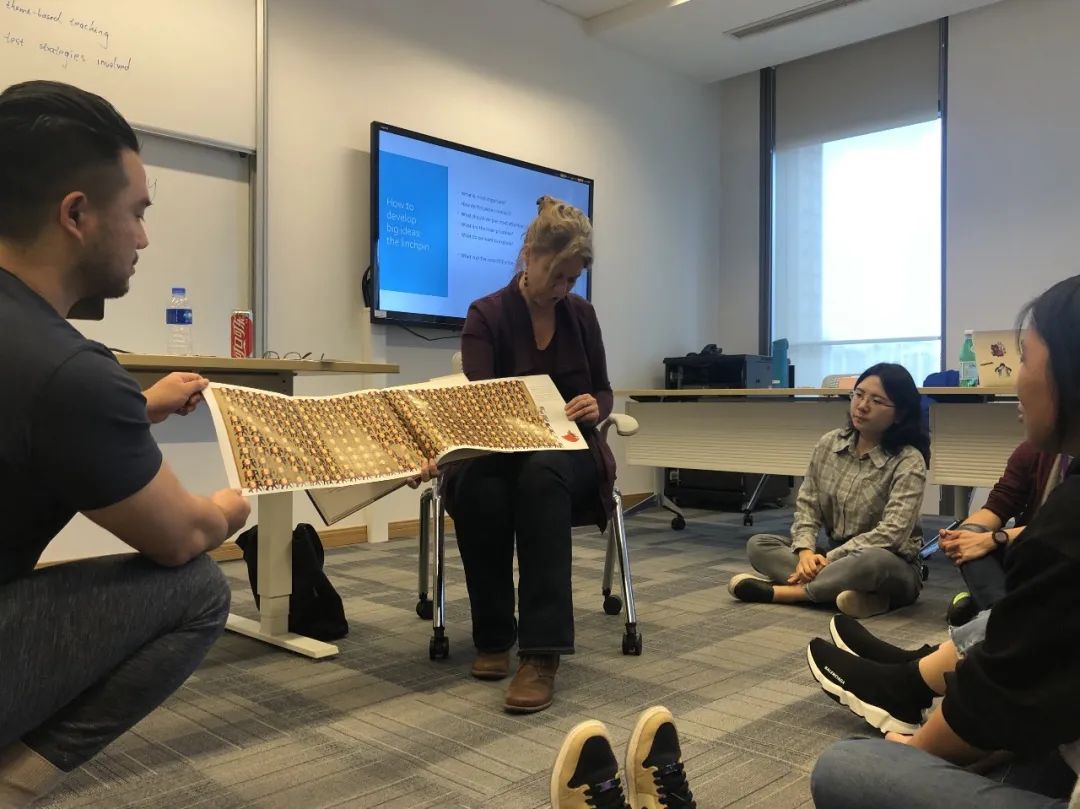
Learning Chinese was not easy. As a matter of fact, Harvey failed her very first Chinese test but that did not stop her from persevering. She spent hours in the language lab doing practice on Chinese pronunciation, which includes four tones, and it took her a semester to really click on the characters. “The first semester, I really had it. It was very challenging.”
The struggle, hard as it was, laid the foundation for her mastery in the Chinese language and thus prepared her for the exciting journey where she founded her own language school, taught middle-school Mandarin and later co-founded the TESOL program at NYU Shanghai.
When Harvey did a graduate fellowship in Taiwan, she taught English part-time to little kids, both in classes and private tutoring. She then went into the travel business, organizing tours and conferences in China and around Asia, before deciding to go back to teaching. Her rich work and travel experience not only strengthened her understanding of the Chinese language but also the life and culture behind the language itself.
Harvey founded a language school “Greenwich Village Chinese” after her travel business, while teaching Mandarin in a middle school. Inspired by her extensive experience, she gradually realized that more should be done than teaching languages and that teaching should be conducted not only towards the kids but also the adult language educators. She then developed a vision for a teacher training center within her language school.
When an invitation for her to work at NYU in teacher training came, she knew this was a great platform to further her passion in teacher training. “When I left the middle school to go work at NYU, the head of school reminded me that I had told her in the interview that I wanted to be a “teacher maker,” because as a teacher I only reached the number of students I had each year, but as a teacher trainer I could train many teachers to reach more students than I would ever be able to reach.”
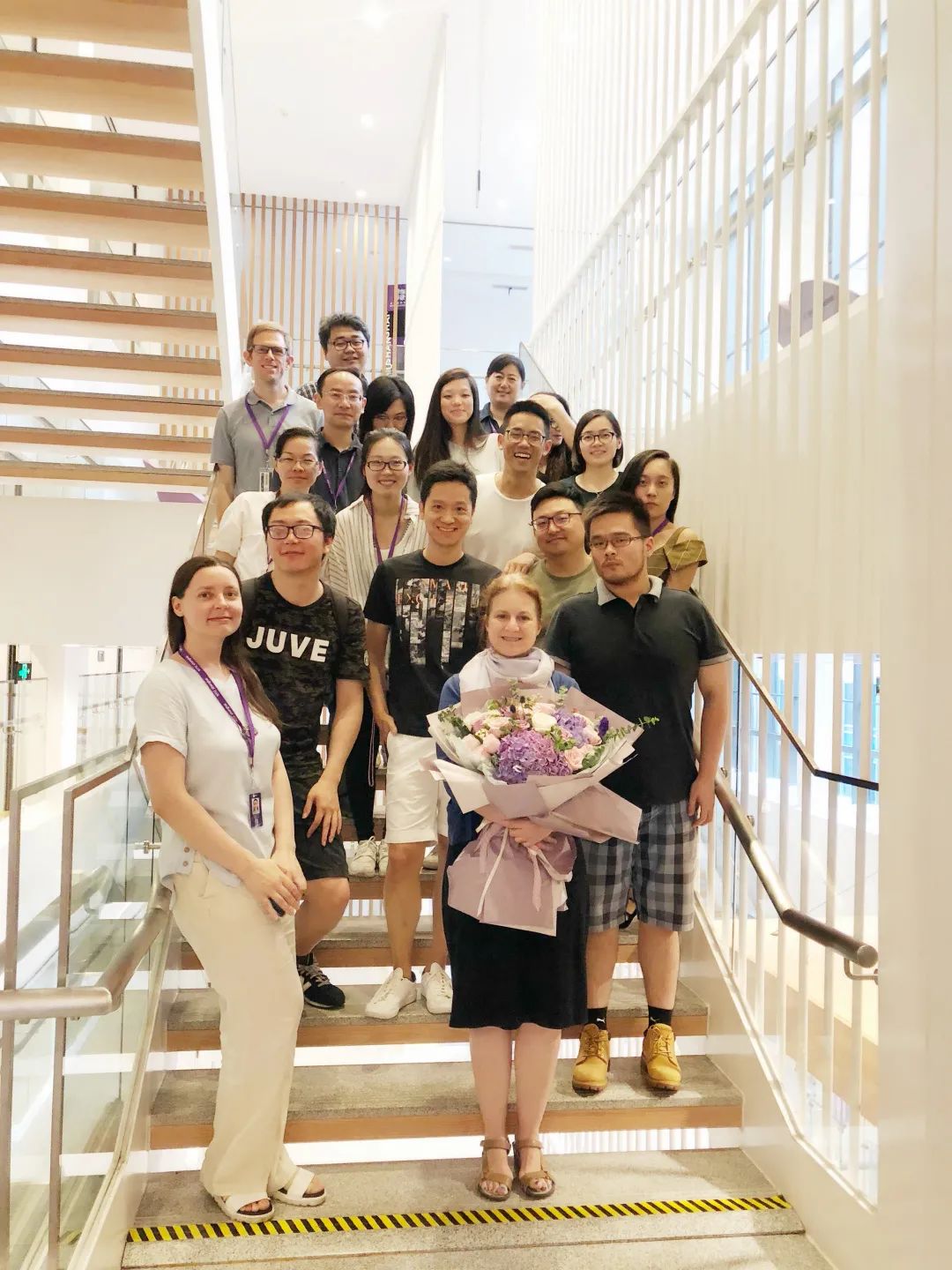
The joint TESOL program in Shanghai started in 2018, growing out of the TESOL program at NYU Steinhardt School of Culture, Education, and Human Development. Because of Harvey’s expertise in China and the Chinese language as well as her passion to establish a TESOL program in Shanghai, she was engaged in the founding process from the very beginning. “We thought it was natural to offer TESOL at NYU Shanghai because there are so many English teachers in China as it's a major subject area. We were looking for ways to expand our programs, and to take advantage of the amazing opportunity to work on the campus of NYU Shanghai.”
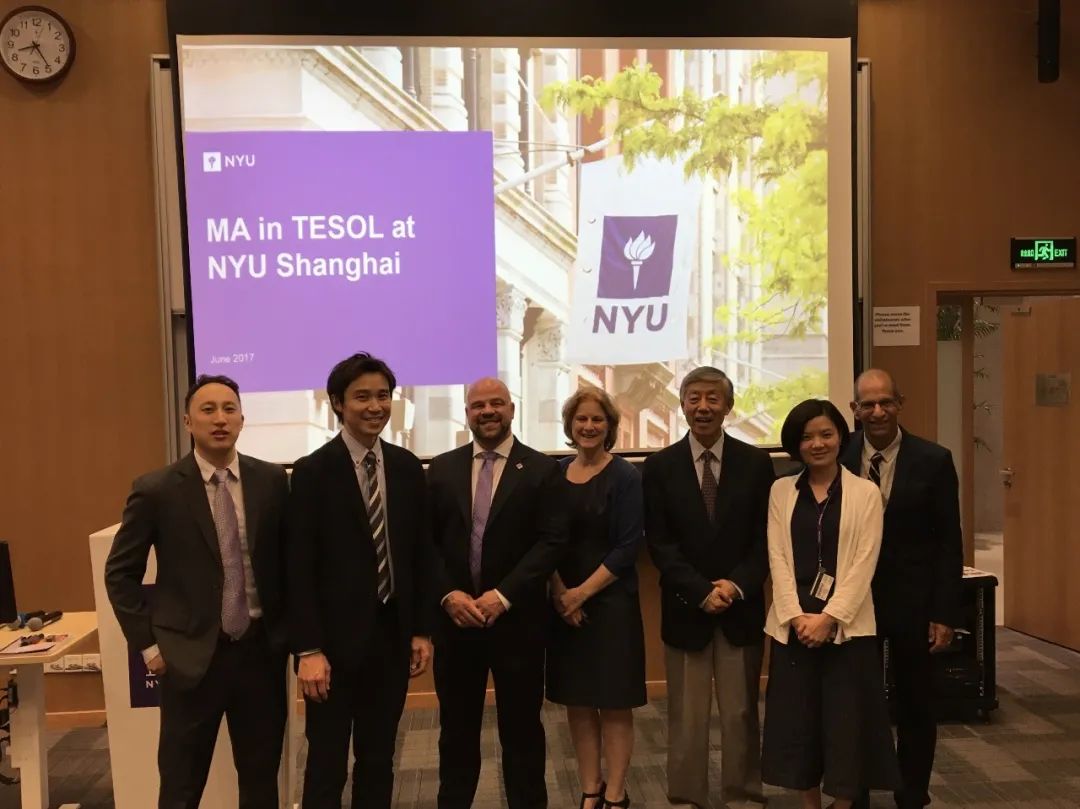
The vision was to take the success from the sophisticated TESOL program at NYU and adapt it in the context of China, where the demands of teaching are diverse and different. “Context is extremely important in terms of language teaching, and teaching in general. We share theories, research, approaches and strategies for teaching and research, and help students see how they can adapt and adopt these ideas in their own teaching context and teaching practice.” Harvey said. The TESOL program was also designed to be well-positioned to meet the needs of teachers who might not have the opportunity to travel due to jobs or family commitments, but still want the opportunity to earn a well-established international Master’s degree from a globally reputable institution like NYU.
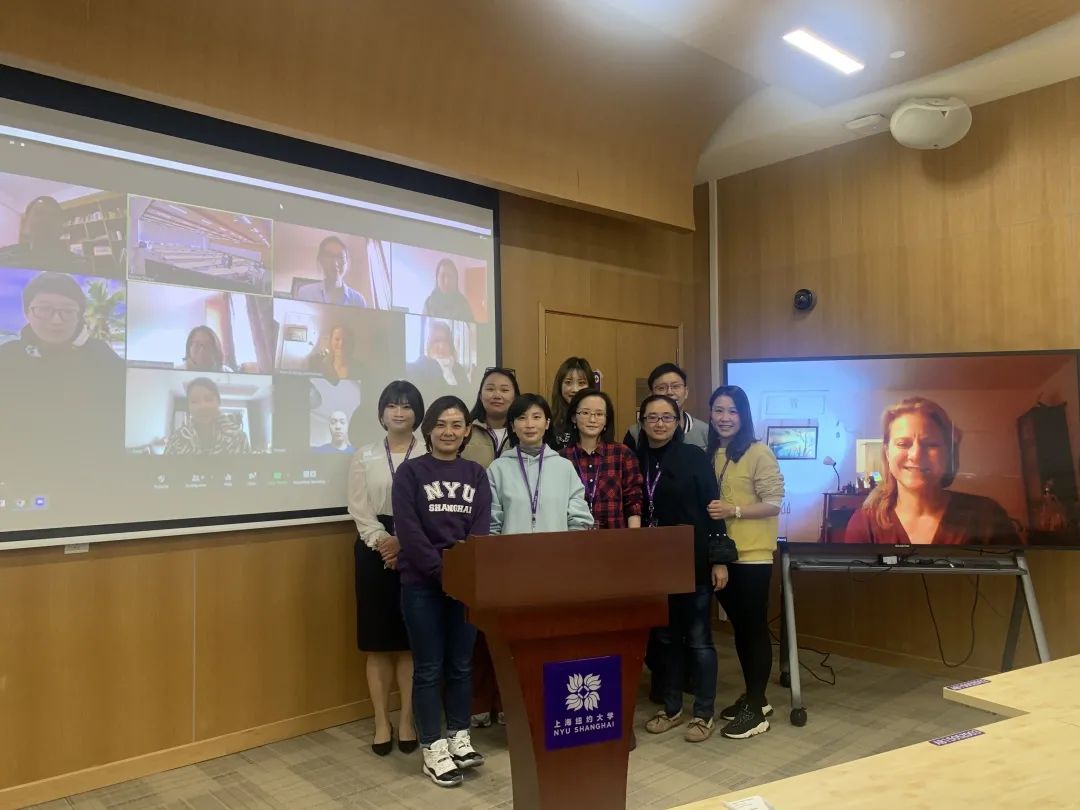
As the program is becoming more and more firmly established, Harvey has a renewed vision for the program. She believes that the program has a real opportunity to become a center for TESOL, where professional development is offered on a regular basis to teachers in Shanghai as part of the service to the community. “Universities are supposed to be serving the community. There may be a lot of teachers who want to have additional learning but don't have time to commit to a two-year master's program. I am really excited about how we can expand our ability to serve and help more.”
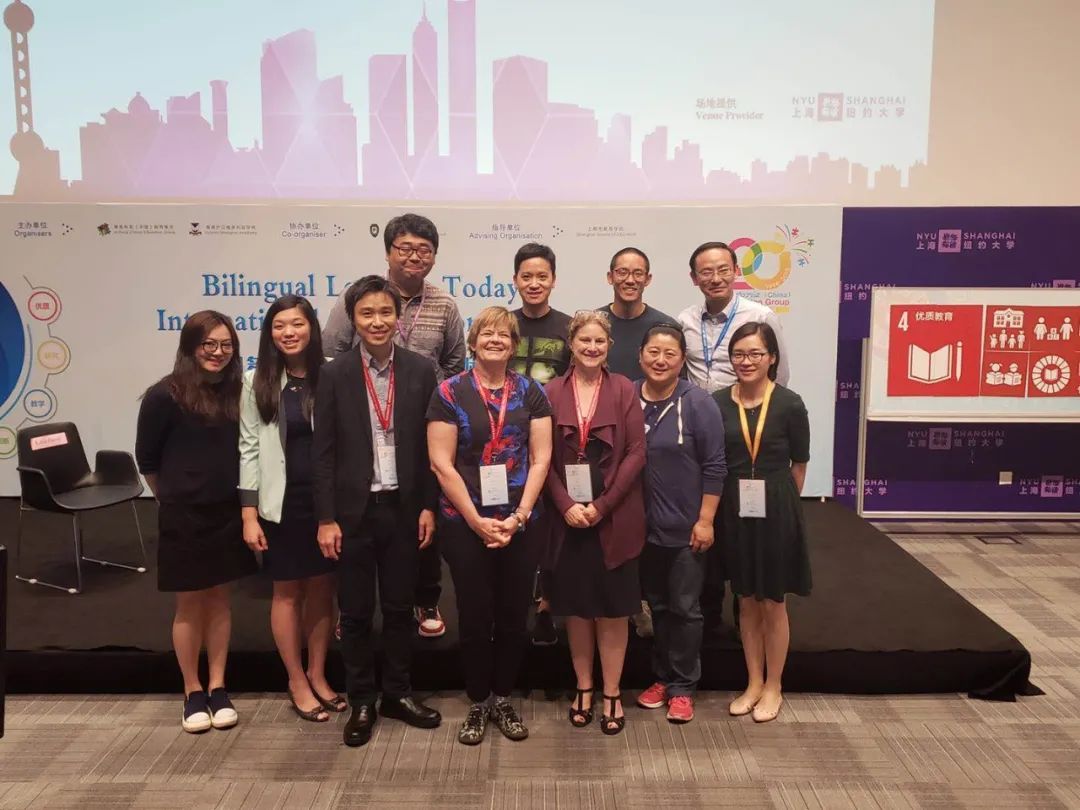
Harvey teaches two courses in the TESOL program, Teaching World Language: Theory & Practice and Second Language Classroom: Elementary & Secondary, which are foundational and closely connected. To her, the most rewarding part of her teaching is the students, “The students are fantastic. I learned so much from them every day. Some of them are already experienced teachers yet they are still very eager to learn and open to new ideas.” For her classes, Harvey tries to encourage an environment where everyone should be contributors in the classroom. To her delight, the students lived up to that idea. “I feel like everybody works together so well and everybody is learning from each other.”
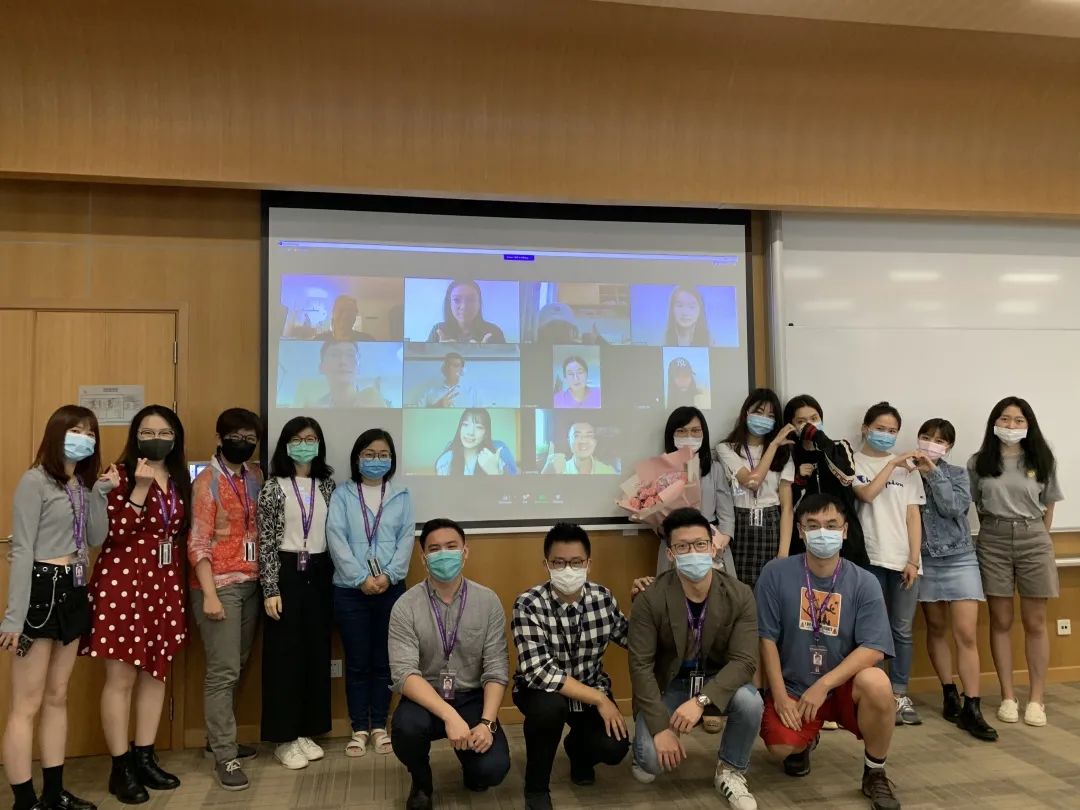
After the pandemic hit, classes were shifted online. The students’ resilience, optimism and passion moved Harvey a lot. “I have never met two cohorts of students in person but I feel like I know those students so well. They are so open to joining the class.” To interact with her students more, Harvey created online “coffee chats'' where students can just drop by instead of during office hours. The coffee chats are considerably popular, with students going to Harvey to talk about what they’ve learned and what is going on in their lives. “The students are so dedicated and it really makes me want to do more for them,” Harvey said.
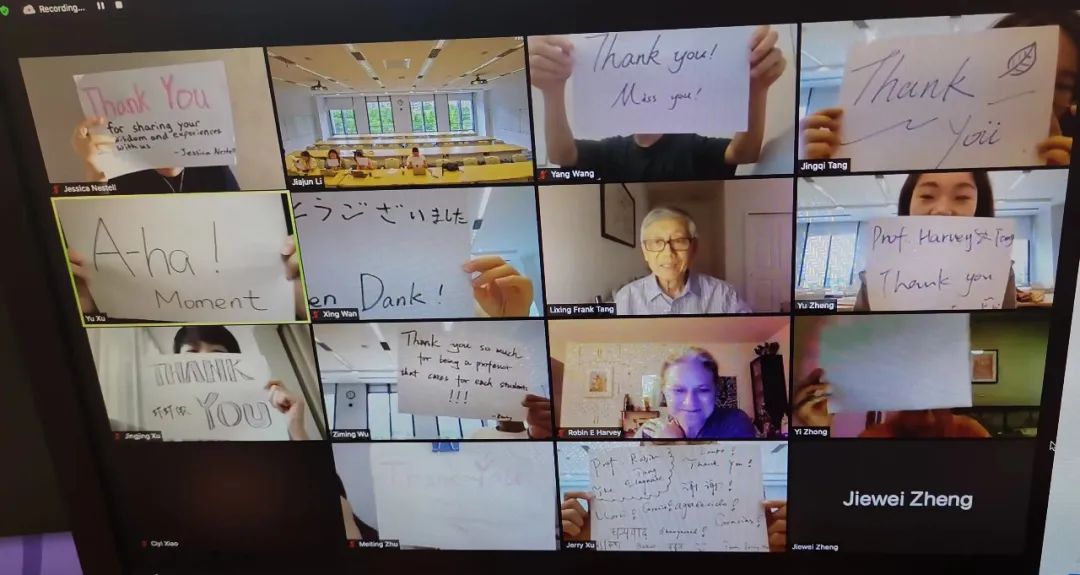
A project Harvey is conducting is aiding her online teaching effort during the pandemic, called the “Walkability Project”, where she remotely coordinates the students to actively exploit their local offline resources in order to enrich their learning and teaching.
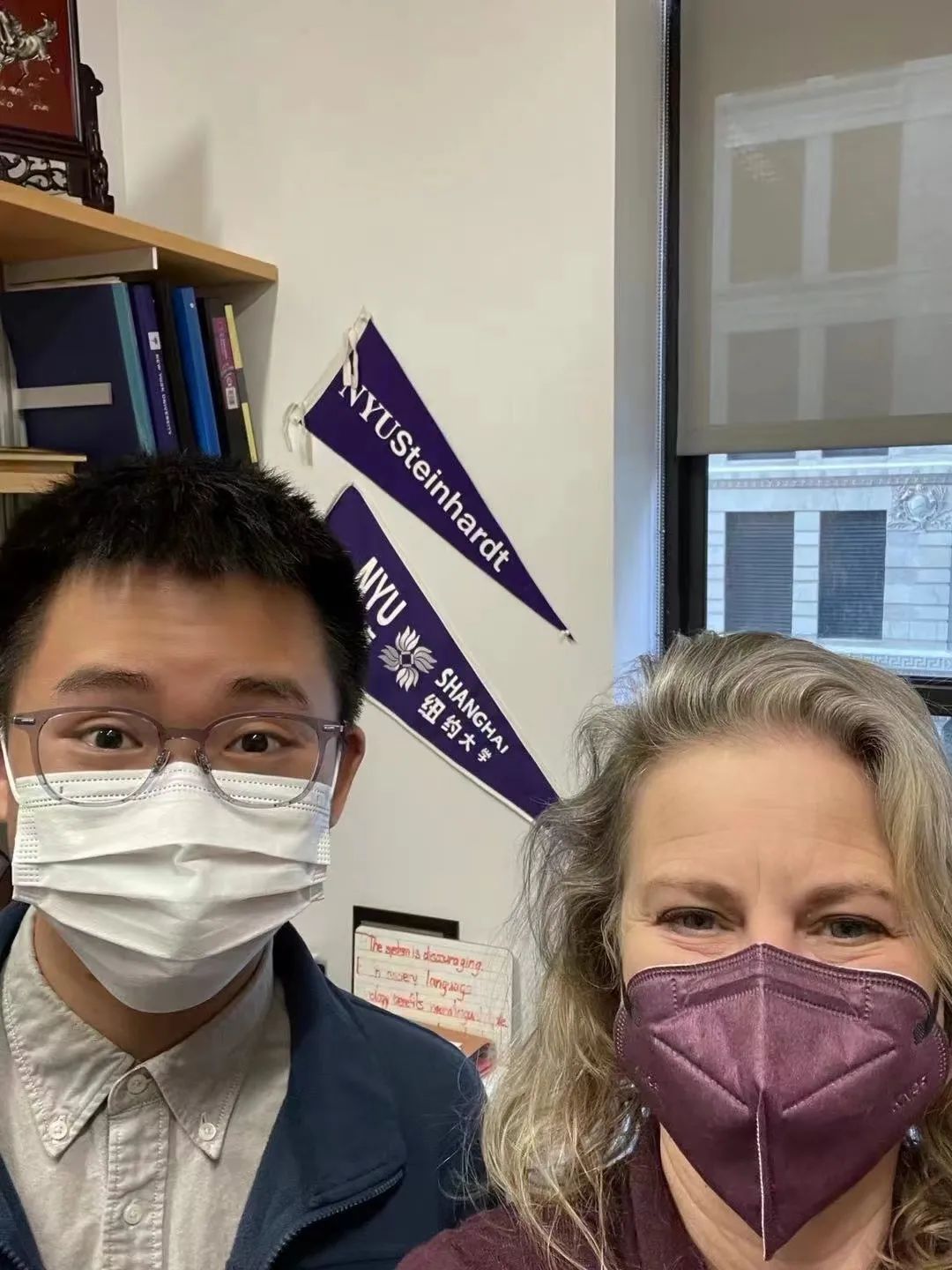
“We are all over the world and we are all language teachers. I want to find a way to merge the places we are in with culture and language.” Harvey asks her students to walk around their cities and take pictures of different places every week, be it artwork, restaurant signs and nature scenes. In this way, Harvey manages to create alternative offline classrooms in the students’ respective cities and in the meantime establish an online global community.


